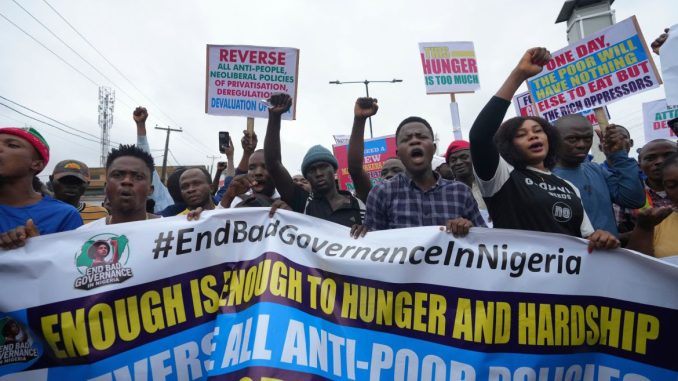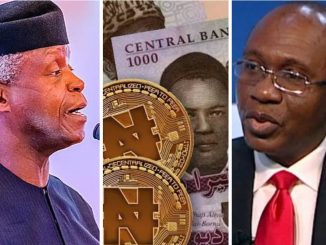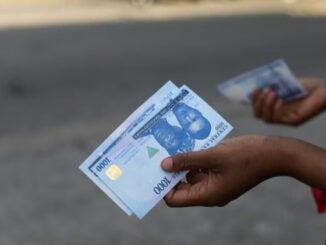
By Marvellous Nyang
August 3, 2024
Protests against hunger and economic hardship continue across Nigeria, entering their third day on August 3, 2024.
The demonstrations, organised by a coalition of over 26 groups, including the “End Bad Governance” movement, are fueled by widespread frustration over the rising cost of living.
The protests have gained significant traction, with participants demanding the reversal of recent fuel subsidy removals that have led to skyrocketing inflation causing hardship across the country.
At least 17 protesters have reportedly been killed in clashes with security forces, particularly in cities like Abuja, Kano, Niger, Borno, Kaduna and Jigawa, where police have used live ammunition and tear gas to disperse crowds.
In response, authorities have imposed curfews in several northern states to maintain order.
The protests, branded “Days of Rage,” have united citizens frustrated with the government’s handling of economic issues, including high inflation, unemployment, and food scarcity.
Demonstrators are calling for reforms in governance and an end to corruption, echoing sentiments of widespread discontent.
In a show of solidarity, Peter Obi, the Labour Party’s presidential candidate in 2023, condemned the violence and urged security forces to act professionally.
Meanwhile, the government has deployed additional police forces and warned against any attempts to hijack the protests for violent purposes.
Despite government assurances of ongoing economic reforms, public sentiment remains defiant, reflecting deep-rooted frustrations over the current administration’s policies.
As the protests continue, the Nigerian government faces increasing pressure to address the economic challenges and restore public trust.
Government response and regional leaders’ stance
The Nigerian government has defended its actions, stating that the protests are being hijacked by “hoodlums” and “anarchists” seeking to destabilise the country.
Information Minister Mohammed Idris has accused the protesters of attempting to overthrow the democratically elected government and warned that the authorities will not tolerate any further disruptions to public order.
ALSO READ: Politicians buy SUVs for judges as their votes count more than the people’s — Odinkalu
One day before the planned protests, regional leaders from the north and south joined others in backing out of the proposed demonstrations, citing the possibility of the protest turning violent.
They hinged their non-participation on the fear that it could lead to unrest.
Protesters’ demands and inspiration from Kenya
Many citizens are incensed by President Bola Tinubu’s decision to eliminate a fuel subsidy, which was announced with immediate effect during his inauguration in May 2023.
While intended to reduce government spending, this move has resulted in soaring fuel prices and a corresponding rise in the cost of other goods.
“Our primary demand is the reversal of the subsidy removal. The government must overturn that decision,” stated Abuja protester Abiodun Sanusi in an interview with the BBC.
Protesters are also calling for extensive reforms in the electoral framework and judiciary of the country.
The demonstrations, largely organized through social media, were inspired by the recent achievements of protesters in Kenya who successfully compelled their government to abandon proposed tax increases.
Ongoing challenges and reactions
The protests in Nigeria come at a time of significant economic challenges, with the country facing high inflation, unemployment, and a widening gap between the rich and poor.
The removal of fuel subsidies, which was aimed at reducing government spending and promoting economic reforms, has been met with widespread criticism from the public, who argue that it has placed an undue burden on the poor and middle class.
As the protests continue, the Nigerian government faces the challenge of balancing the need for economic reforms with the need to address the legitimate concerns of its citizens.
Analysts suggest that a combination of targeted social welfare programmes, investment in infrastructure, and a crackdown on corruption could help alleviate the economic hardship faced by many Nigerians.
However, the path forward remains uncertain, with both sides showing little willingness to compromise.
The government’s heavy-handed response to the protests has only served to further inflame tensions and erode public trust in the authorities.
As the situation continues to unfold, it remains to be seen whether Nigeria can find a way to address its economic and social challenges through peaceful dialogue and reform.




